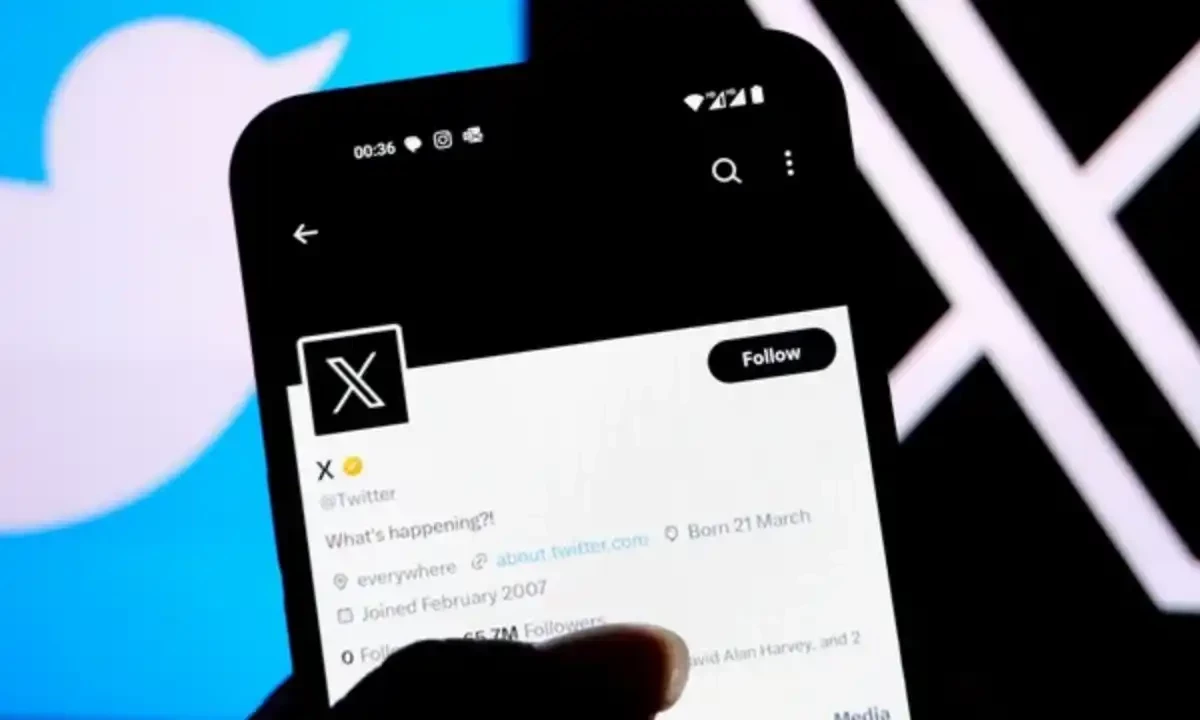DAR ES SALAAM, TANANIA — Tanzania has officially blocked access to the social media platform X, with the government citing the platform’s allowance of pornographic content as the primary reason.
Information Minister Jerry Silaa informed a local TV station that such content directly contravened the East African nation’s “laws, culture, customs, and traditions.”
The restriction on X has been observed by Tanzanians for the past two weeks, coinciding with heightened political tensions and the hacking of the official police account.
While a complete shutdown of the platform has not yet occurred, a Tanzanian rights group, the Legal and Human Rights Centre (LHRC), posted on X that Silaa’s comments reflect a “troubling pattern of digital repression” in the lead-up to October’s presidential and parliamentary elections.
The government of President Samia Suluhu Hassan has faced accusations of increasing repressiveness as it campaigns to remain in office. The LHRC’s post highlighted that X, formerly known as Twitter, experienced a similar shutdown prior to the 2020 election.
The group stated that the “recurrence” of these restrictions raises “serious concerns about the openness of digital space” in Tanzania. The LHRC further noted that other popular social audio apps like Clubhouse and messaging service Telegram are also inaccessible without the use of Virtual Private Networks (VPNs).
The rights group expressed concern that while the minister confirmed the government’s role in blocking X, government officials and public institutions continue to utilize the platform. “This inconsistency confuses the public and undermines the credibility of the government’s position,” the LHRC added.
In his interview, Minister Silaa explicitly linked the ban to X’s announcement last year that it would no longer block “consensually produced and distributed” adult content. The minister was quoted as stating that X has “permitted explicit sexual material, including same-sex pornographic content” in violation of Tanzania’s online “ethics guidelines.”
He further elaborated on the government’s broader efforts: “Even on YouTube, you might notice that some content is inaccessible. That’s part of our broader effort to protect consumers and ensure that all online platforms operating in our country comply with our laws.”
On May 20, internet watchdog Netblocks reported that Tanzania had blocked X following incidents where the official police account was hacked, displaying pornographic material and falsely announcing the death of the president.
The AFP news agency also reported that pornographic content appeared on the hacked YouTube account of the tax authority.
The perpetrators behind the hacking remain unknown, but the incidents coincided with a government crackdown on Kenyan and Ugandan human rights campaigners who had traveled to Tanzania to show solidarity with prominent opposition leader Tundu Lissu.
Lissu has been detained on a treason charge after declaring his intention to spearhead a campaign to boycott the elections if electoral laws were not reformed to ensure a free and fair poll.
Kenya’s former Justice Minister Martha Karua was among those deported after arriving at the international airport in Dar es Salaam, Tanzania’s main city, ahead of a court appearance by Lissu. He denies the treason charge, asserting that the case is politically motivated.
Kenyan activist Boniface Mwangi and Uganda’s Agather Atuhaire were initially granted entry but were subsequently detained for several days. After returning to their respective home countries, Atuhaire informed Vivid Voice News that she had been blindfolded, “violently” stripped, and sexually assaulted.
On Monday, Mwangi also reported being sexually abused in detention, claiming his torturers instructed him to say “asante” (thank you in Swahili) to their President. Dar es Salaam’s police chief dismissed these allegations, characterizing them as “opinions” and “hearsay.”
Regional rights groups have called for an investigation into these claims, and Amnesty International has urged Tanzanian authorities to hold accountable those responsible for the “inhuman” treatment.
President Samia has publicly stated that her government will not tolerate activists from other East African states “meddling” in Tanzania’s affairs and causing “chaos.”
President Hassan inherited the presidency in 2021 after the death of then-President John Magufuli and initially received widespread praise for fostering greater political freedom.
However, critics now contend that she is exhibiting similar authoritarian tendencies as Magufuli as she prepares to contest her first election as the ruling party’s presidential candidate.
The government maintains that Tanzania is a stable democracy and that the upcoming poll will be free and fair.

